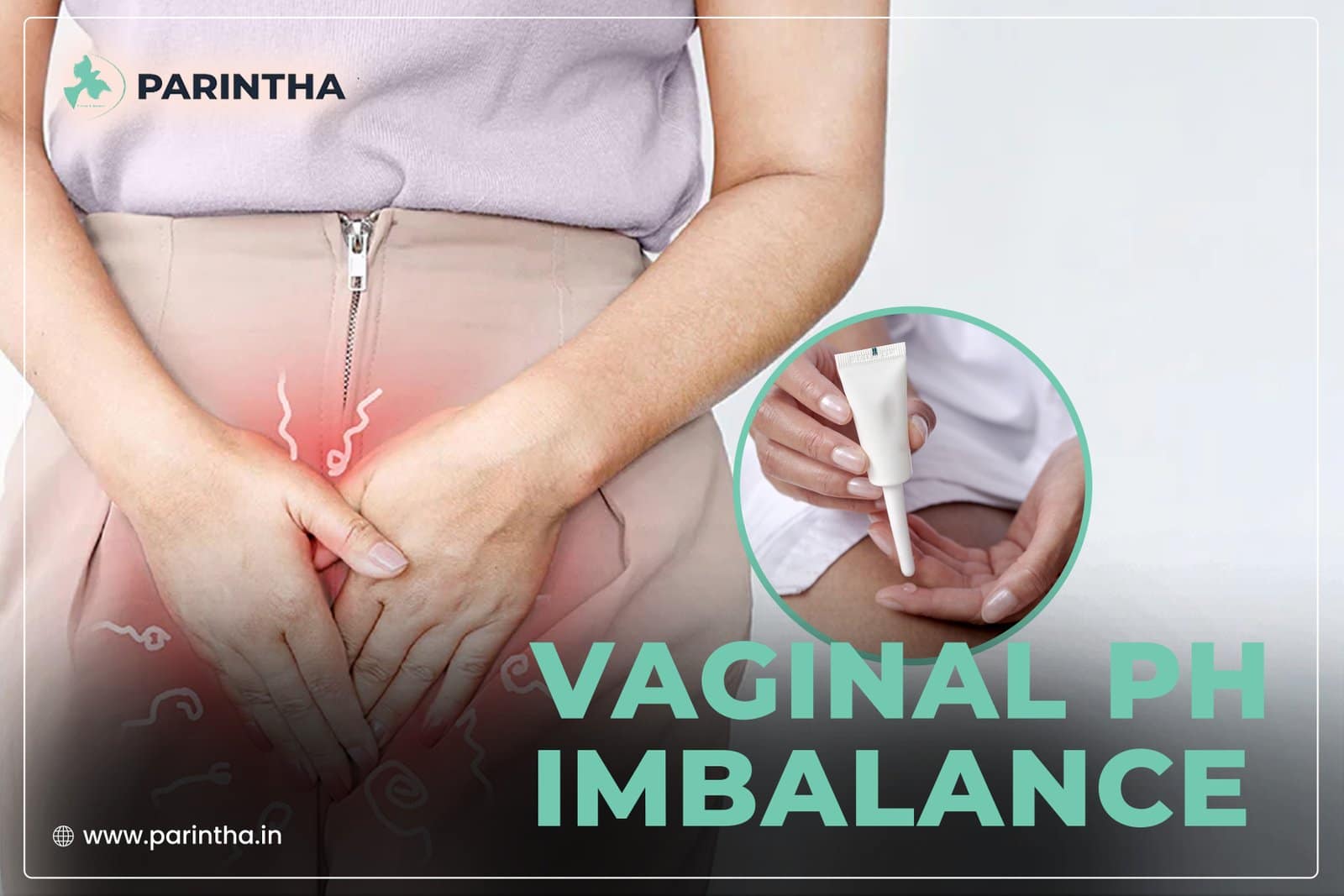
Lubrication is often linked to comfort during vaginal penetration and is considered an important aspect of sexual function in many cultures. Can I use lubricant gel for vaginal dryness? and what type of gel should I use? Are the commonly asked questions while considering lubrication.
Enhancing Sexual Pleasure and Comfort
Lubricant gels are commonly used to enhance pleasure during sexual activity, especially in cases of vaginal dryness or dyspareunia (pain during intercourse). Lubricant gels can enhance the experience by increasing pleasure for both partners and ease penetration, which is often associated with a better sexual experience.
However, women’s experiences with vaginal lubrication can vary depending on individual preferences, hormonal states, and cultural beliefs.
Studies indicate that women generally feel more positive about sex when it feels “wet.” Many women believe lubricants improve orgasm quality, and partners also tend to prefer more lubrication during intercourse.
Types of Lubricants
There are several types of lubricants available, each offering different benefits depending on personal needs and preferences:
Water-Based Lubricants: The most common type, compatible with condoms and most sex toys. They are preferred for their safety, easy clean-up, and compatibility with latex products.
Silicone-Based Lubricants: These stay slippery longer than water-based options, offering a longer-lasting effect, and are also condom-safe. However, they may not be suitable for use with some sex toys made of silicone.
Oil-Based Lubricants: While long-lasting and effective for massage, oil-based lubricants are not compatible with latex condoms, as they increase the risk of breakage. They may also affect vaginal pH, leading to infections.
Can I use Lubricant Gel with Condom?
Lubricants, particularly water- and silicone-based, are recommended for use with condoms to reduce the chance of breakage, providing safer protection against sexually transmitted infections.
However, Oil-based lubricants should not be used with latex condoms as they increase the risk of condom failure.
Experiences of Using Lubricant Gels:
Many individuals report that lubricants including gels improve comfort and pleasure during intercourse, increase ease of orgasm, and make the experience more enjoyable for both partners. Women, particularly those over 40, report positive attitudes toward lubricant use.
Some dislike lubricants for being sticky or messy and others believe lubricants are only for older individuals.
Health Considerations
When using lubricants, it’s essential to keep these health considerations in mind:
Sexual Well-being – Lubricants help alleviate pain, reduce dryness, and enhance pleasure, contributing to better sexual health and well-being, particularly for individuals experiencing menopause, vaginal dryness, or engaging in anal sex.
Menopause and Vaginal Dryness – Lubricants can provide only short-term relief from vaginal dryness during menopause. For long-term management, vaginal moisturizers may offer additional benefits.
Lubricants and Conception – Most lubricants can adversely affect sperm motility and are not recommended for couples trying to conceive. Fertility-friendly lubricants, which do not impair sperm, are available and should be used under medical advice.
Substandard Products – Some lubricants may cause adverse reactions such as irritation, burning, itching, or allergic reactions. It is important to use clinically tested products to avoid these issues.
Practical Tips for Choosing Lubricant Gels
When choosing lubricant gels, consider the following practical tips:
- Look for lubricants free from fragrances, preservatives, and other potential irritants.
- Water-based and silicone-based lubricants are ideal for general use and condom compatibility.
- Choose fertility-friendly lubricants when trying to conceive or hypoallergenic products if sensitive to certain ingredients.
In conclusion, lubricant gels can play a key role in enhancing sexual comfort and pleasure while supporting condom use. However, it’s essential to select the right type based on individual needs, preferences, and health considerations, especially for those trying to conceive having dryness or experiencing conditions like vaginal dryness or dyspareunia.
Arch Sex Behav. 2020; 49, 2103.
J Sex Med. 2013; 10(2), 2013.
Sex Reprod Health Matters. 2022; 29(3), 2044198.
Pharmaceutics. 2014; 6(3), 530.
Human Fertility 2024, 27 (1), 2285349.
PLoS One. 2019; 14(5), e0209950.
